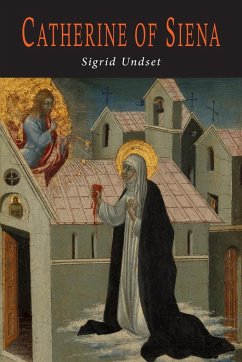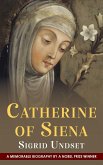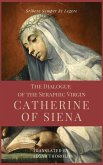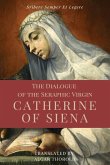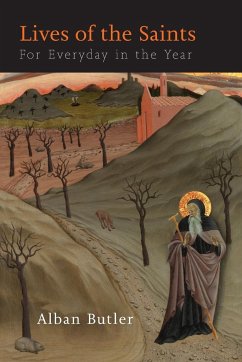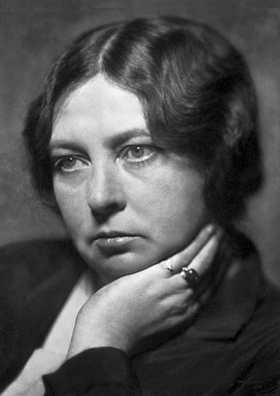2021 Reprint of the 1954 Edition. Facsimile of the original edition and not reproduced with Optical Recognition Software. It is no wonder that Undset, with her love of Italy and her deep understanding of the Middle Ages, should have chosen to write of St. Catherine of Siena, one of the most appealing of all saints, if not the easiest to understand. But, as Undset suggests, we find her puzzling, so did her contemporaries. A girl who insists on living like a hermit in the midst of a large and bustling household (doing the housework, including the family laundry at night) is unusual in any age. How, under divine guidance she left this retired life and entered the public life of her country, and how her name became famous throughout the known world, is a story unique even among the stories of saints. Catherine of Siena (25 March 1347 - 29 April 1380), a lay member of the Dominican Order, was a mystic, activist, and author who had a great influence on Italian literature and the Catholic Church. Canonized in 1461, she is also a Doctor of the Church.
Hinweis: Dieser Artikel kann nur an eine deutsche Lieferadresse ausgeliefert werden.
Hinweis: Dieser Artikel kann nur an eine deutsche Lieferadresse ausgeliefert werden.

